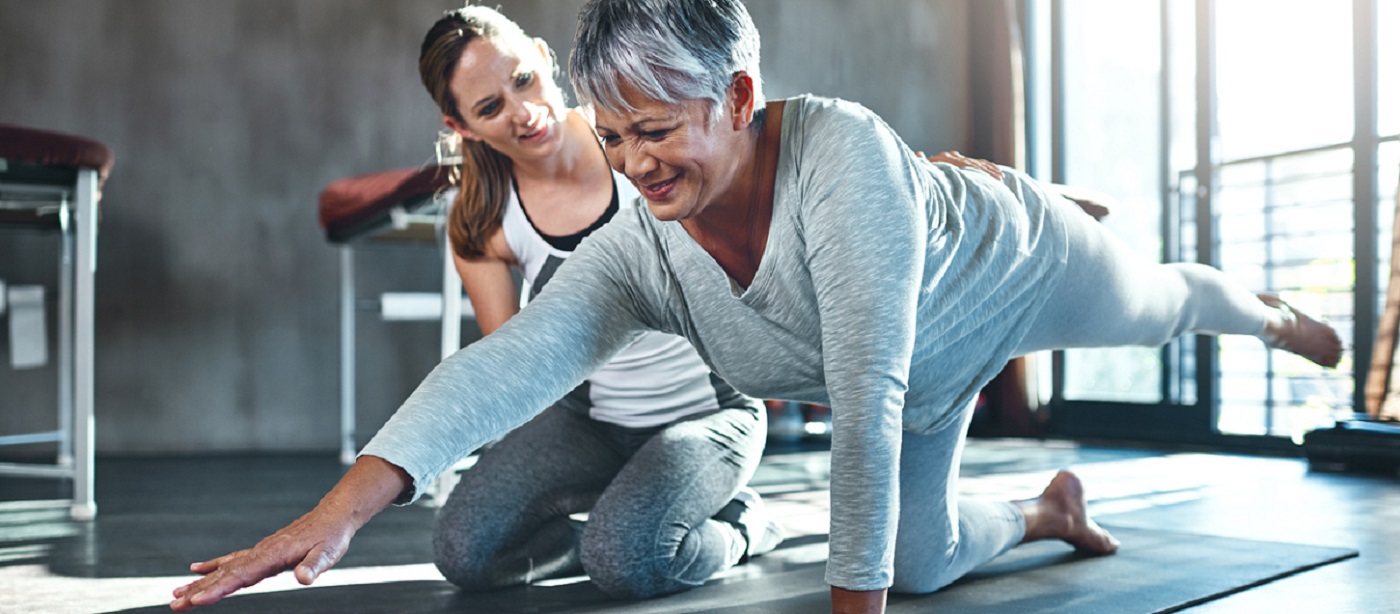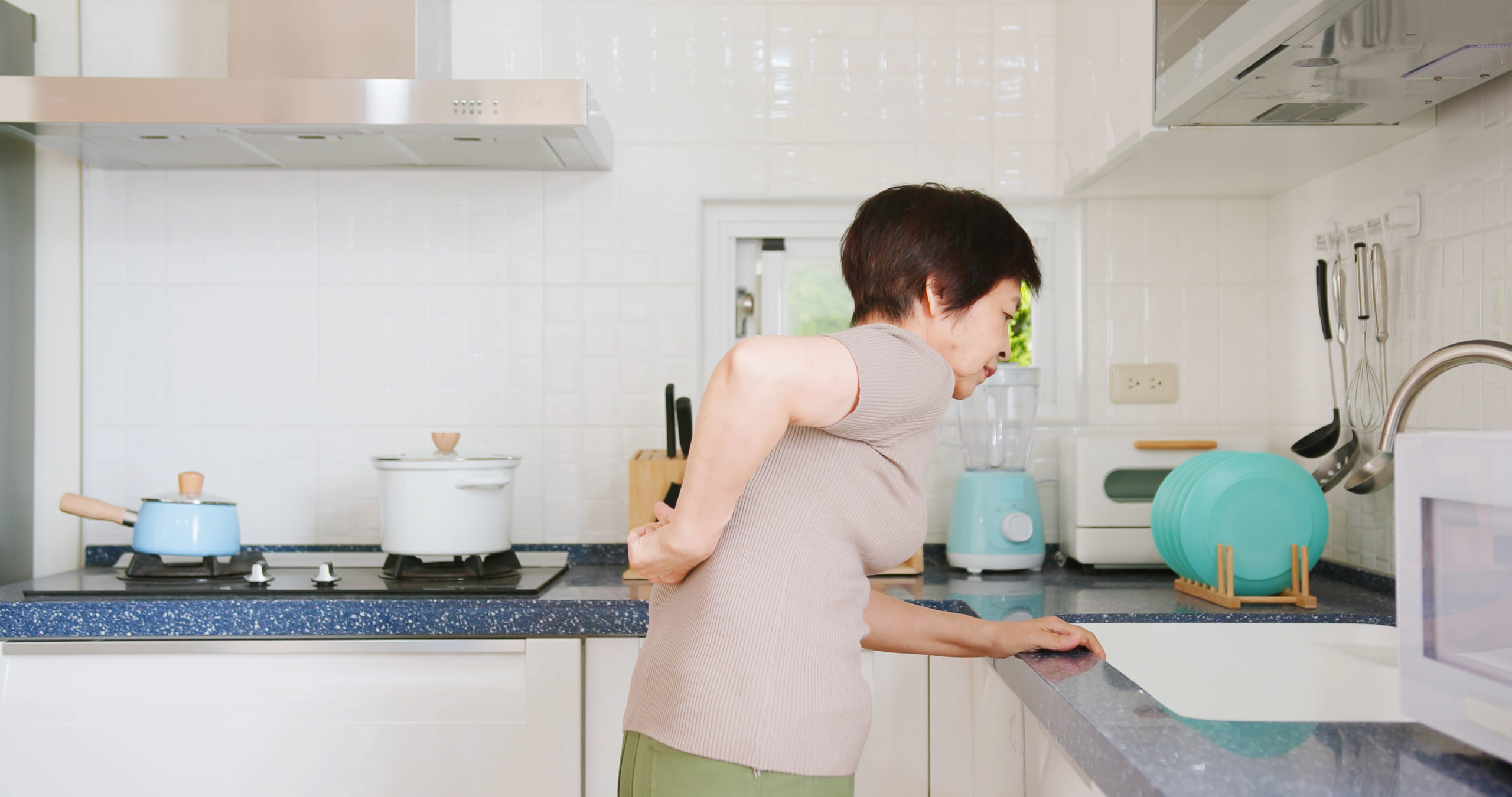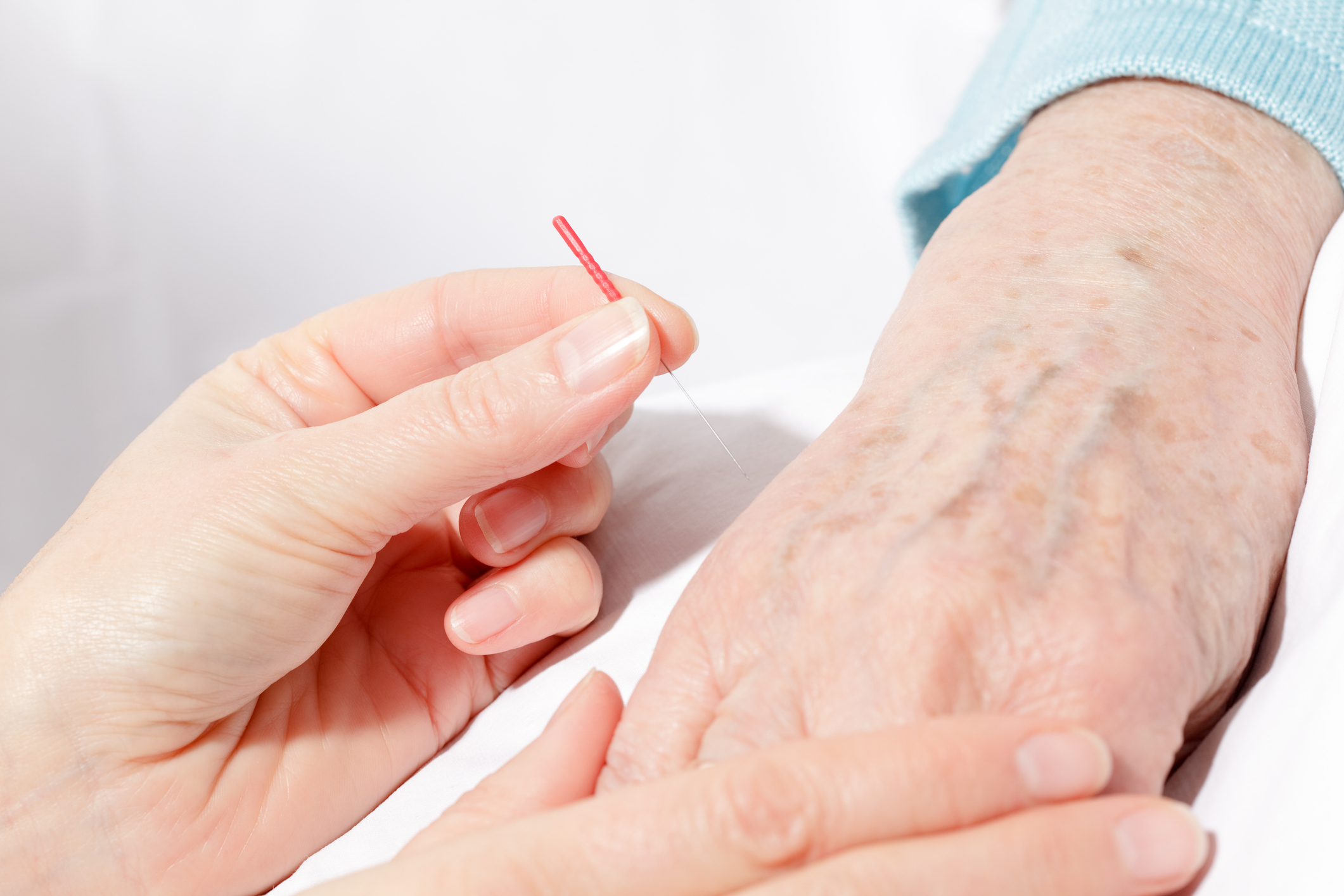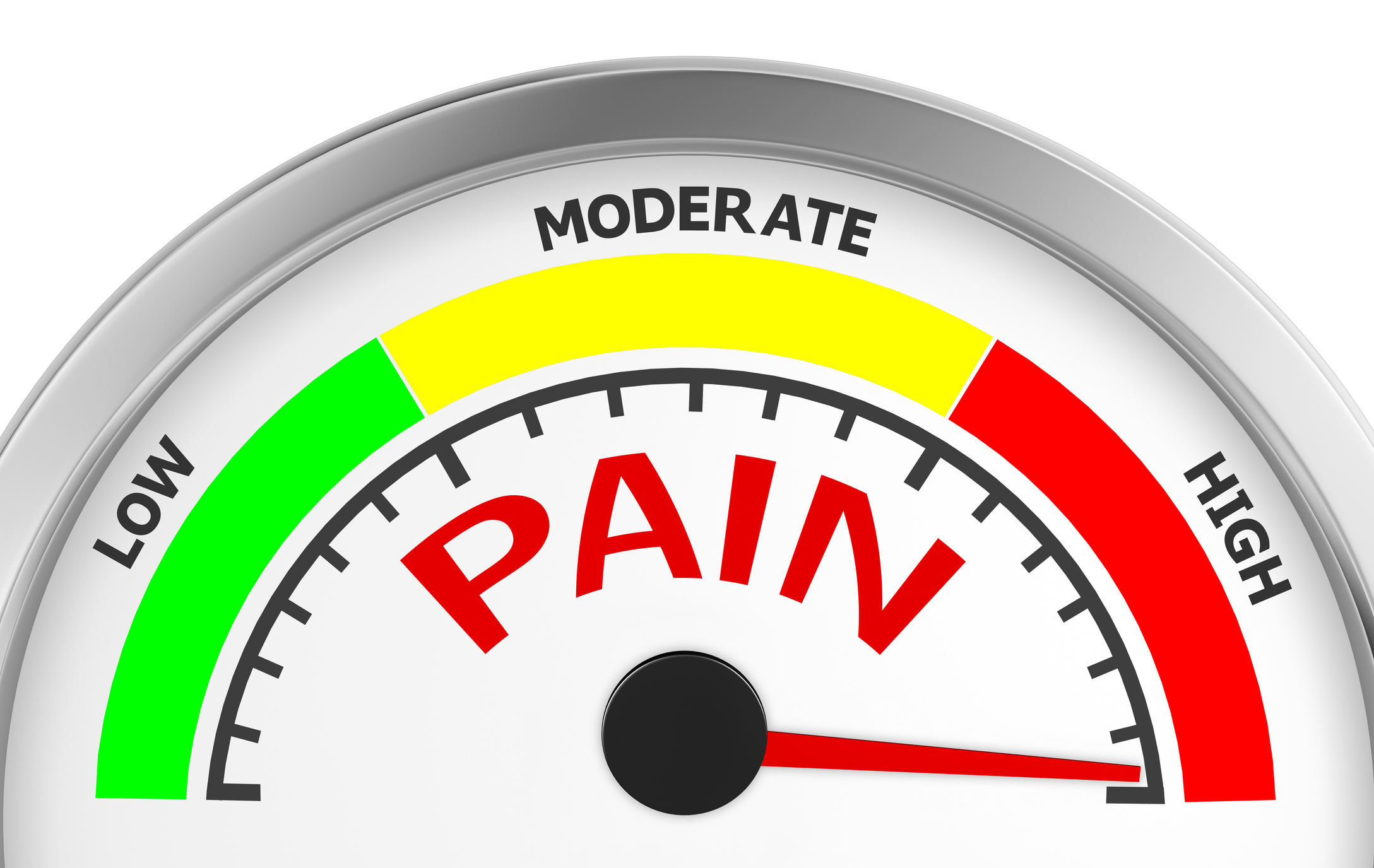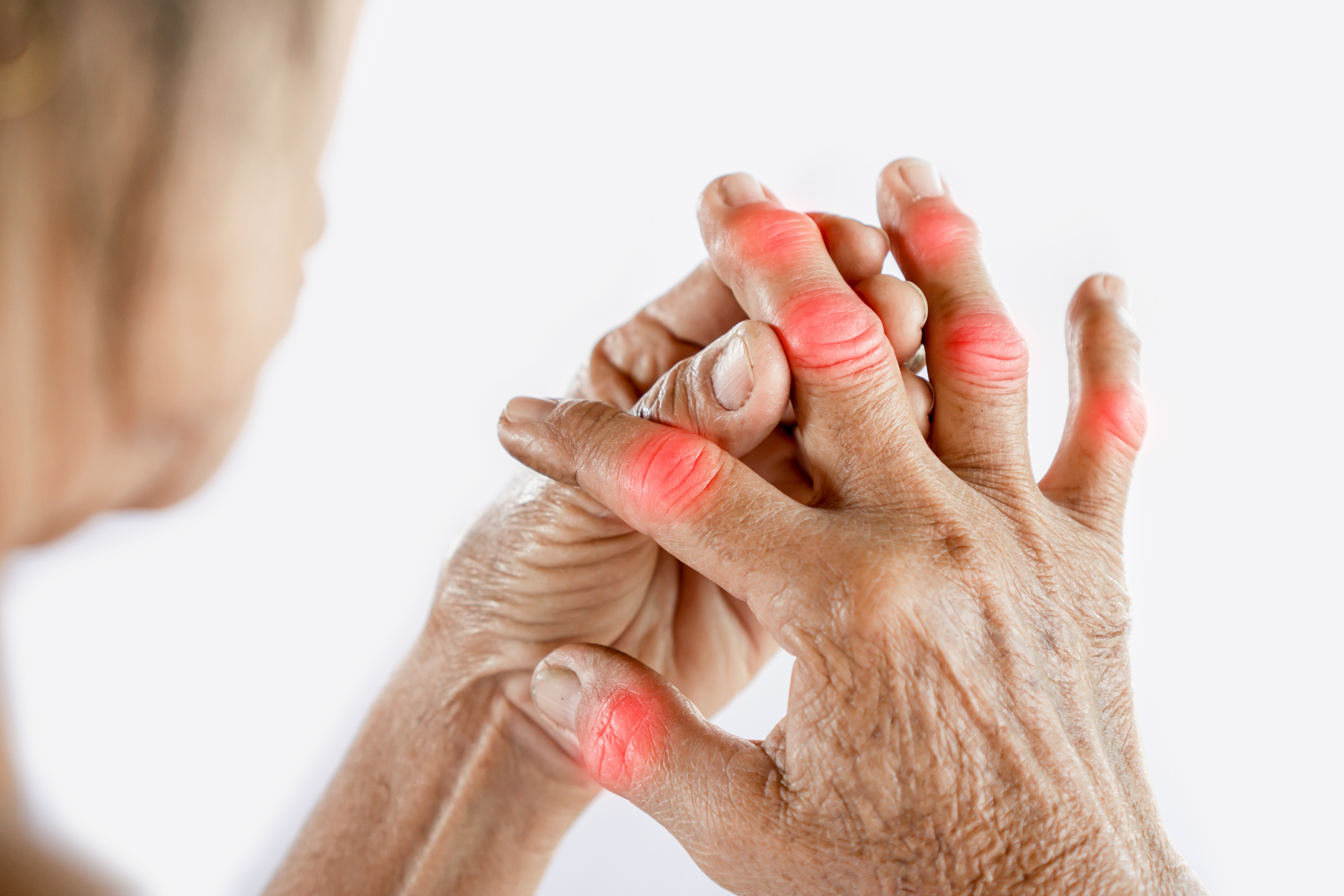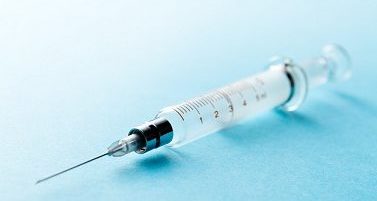Arthritis and Exercises for the Spine
Q: I have arthritis in my spine. Other than pain, I can often feel stiff and have trouble bending down to the floor from a standing position or taking a deep breath. Do you know any good exercises to help with my stiffness?A: Thank you for your question, and yes, I do! Please read on. Background: Arthritis of the Spine Although there are many different types of arthritis that can affect the spine, they generally fall into one of two categories: Mechanical (e.g., osteoarthritis) Inflammatory...
Anti-inflammatory diet – made easy
Following an anti-inflammatory diet will not cure arthritis, however for many people it is an effective way of controlling symptoms, maintaining a healthy weight and reducing the risk of developing other health problems. Recent studies have also found that a diet high in ultra-processed food (one of the things to avoid in an anti-Inflammatory diet) was associated with higher rates of disease and mortality. So what is an anti-inflammatory diet and how can you incorporate it into your life?...
Why am I so stiff & sore after doing work around the house?
Whether we do it because we like it – or because we have to – housework and yard work can cause soreness, stiffness, and pain to flare up, leaving us wondering why or if we should engage in such physical activity again. Physical activity is good for us, even if you have arthritis, and yard and house work is no exception. However, just like any other form of physical activity or exercise you may do in a gym, you can overdo it. And if, for example, yard work is something you engage in only...
Traditional Chinese Medicine: what you need to know
Q: Is Chinese medicine safe to use in the treatment of arthritis? A: Traditional Chinese Medicine (TCM) has been around for thousands of years, but just because something has been around for thousands of years, doesn’t mean it works or it’s always safe. Please continue reading to find out what you need to know about TMC in the treatment of arthritis and pain. What is Traditional Chinese Medicine? Traditional Chinese medicine has been around for thousands of years. TMC is based on the belief...
Feeling Dismissed or Ignored? How to Talk to Your Specialist
Q: How do I talk to my specialist about getting scans or x-rays to establish exactly how much damage has been done? A: Good question. Taking this question on face vale the answer is easy- just ask! But I think there may be more than meets the eye to this question. The question perhaps lacks context, for example, is this question being ask because the person felt their symptoms were being dismissed or ignored? That is, when they did ask, the specialist said no to more imagery. Or is it that...
Non-Addictive Pain Control: What Works Best?
Q: Non-Addictive pain control: what works best? This is a question asked by someone who attended one of our free Community Education webinars. Yes, there are many different, evidence-based strategies to help manage pain. But first, let’s briefly touch on (potentially) addictive pain control i.e., opioid use. Pharmacological Opioid Use: A Double Edge Sword Opioids play a critical, time-limited role in the management of acute (e.g., perioperative, acute injuries), terminal, and cancer related...
Ways to Reduce Inflammation
Question: I have both Ankylosing Spondylitis and Osteoarthritis, and so I was wondering if there were ways or things I could do to reduce inflammation to help treat my arthritis. Answer: Yes, there are certainly things you could try to help reduce or manage inflammation in your body. Other than NSAIDs, corticosteroids and DMARDS/biologics, of which are needed to control autoimmune rheumatic conditions, there are other adjunct, non-pharmaceutical options you can try. First – what is...
Pros and Cons of Cortisone Injections
Injections of Intra-articular corticosteroids (IACSs), usually combined with analgesics, are commonly performed to treat pain related to osteoarthritis (OA) e.g., hip and knee OA. While they are common, they are not without their risks. I will go on to talk about these in a moment, however first, it’s important to understand they should only be considered after conservative methods of treatment have failed i.e., oral analgesics, anti-inflammatory agents, exercise or physiotherapy....
Supporting the mental health of my child with JIA
Q: How can I help support the mental and emotional health of my child with JIA? Juvenile idiopathic arthritis is the most common rheumatic disease in childhood, occurring in approximately 1:500 children. Despite a recent expansion in treatment options and improvement of outcomes, significant morbidity still occurs. Children with JIA may experience feelings of sadness and anxiety, low self-esteem and poor self-image. Many things contribute to these feelings, such as feeling different from...
